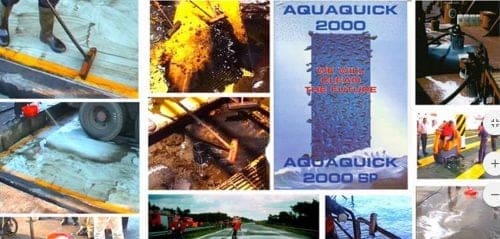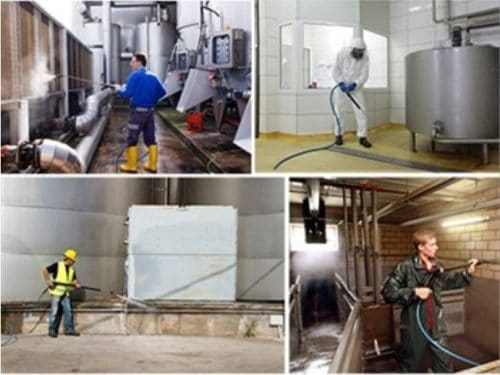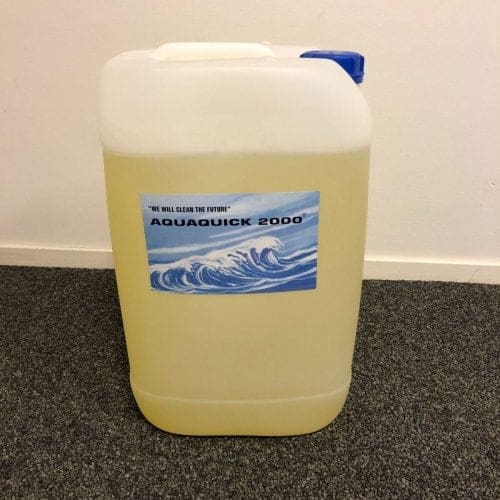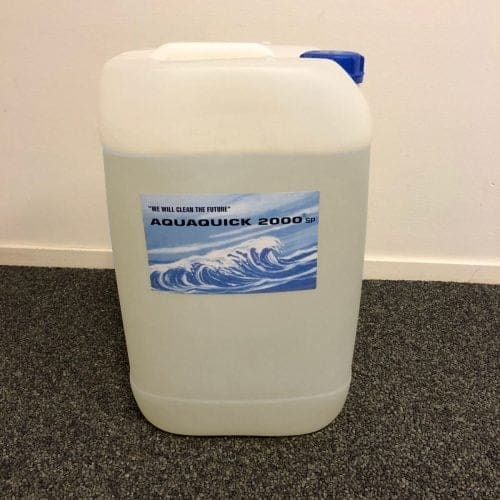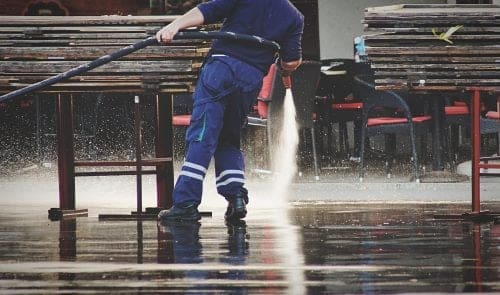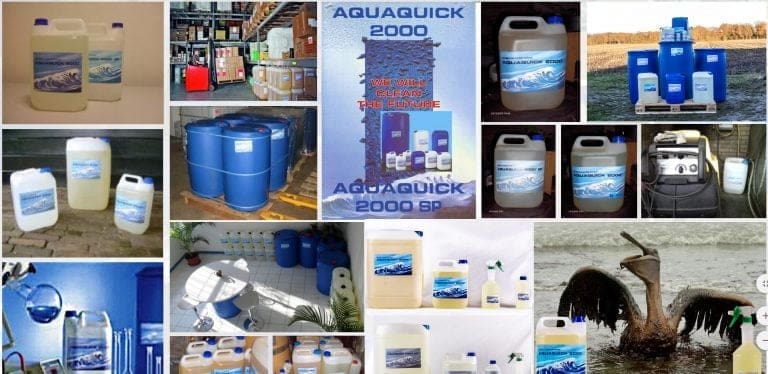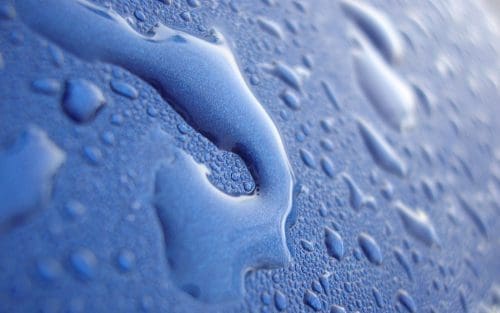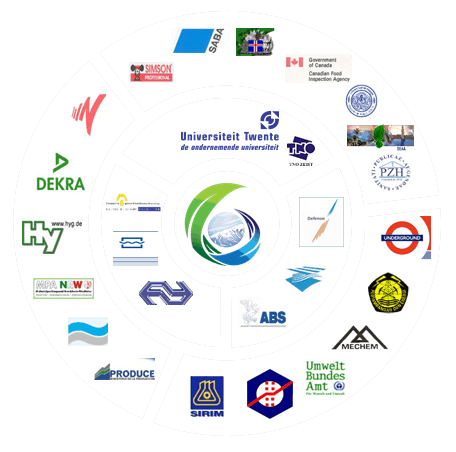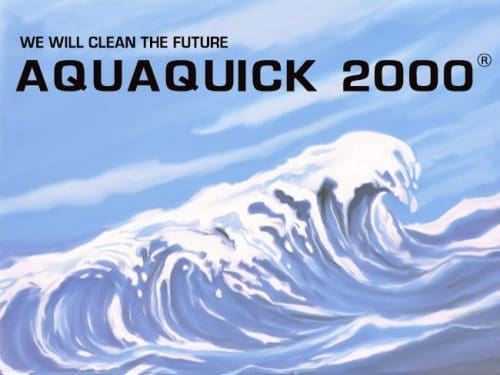Maintaining and cleaning your oil pump extractor is vital for ensuring optimal performance and longevity of the equipment. Oil pump extractors play a crucial role in various industries, including automotive, manufacturing, and marine, by efficiently extracting oil and other fluids from machinery. Over time, these extractors can accumulate dirt, oil residues, and other contaminants that can hinder their efficiency. This article will guide you through the essential steps on how to clean an oil extractor effectively, incorporating the powerful cleaning capabilities of AQUAQUICK 2000 along the way.
The Importance of Regular Maintenance
Regular maintenance of your oil pump extractor is essential for several reasons:
- Enhanced Efficiency: A clean extractor functions more efficiently, allowing for faster and more effective fluid extraction.
- Increased Lifespan: Regular cleaning helps to prevent wear and tear on the machine, prolonging its operational life.
- Safety Compliance: Many industries have strict safety regulations. Proper maintenance ensures compliance and reduces the risk of accidents.
- Cost-Effectiveness: Investing time in maintenance can save money in the long run by reducing repair costs and extending equipment life.
How to Clean an Oil Extractor: Step-by-Step Guide
Cleaning your oil extractor involves several crucial steps. Below is a detailed procedure to follow:
Step 1: Gather Your Cleaning Supplies
Before you start cleaning, ensure you have the necessary supplies:
- Protective gloves and goggles
- Soft cloths and sponges
- A brush with soft bristles
- A bucket for mixing cleaning solutions
- AQUAQUICK 2000 (for effective degreasing and cleaning)
- Water for rinsing
Step 2: Disconnect the Extractor
Ensure that the oil extractor is disconnected from any power source. Safety should be your top priority. Allow the extractor to cool down if it has been in use.
Step 3: Pre-Cleaning Process
Begin with the pre-cleaning process. Use a soft cloth or sponge to wipe down the exterior of the extractor. This helps to remove loose dirt and grime. Pay special attention to areas that are prone to accumulating oil and debris.
Step 4: Use AQUAQUICK 2000 for Effective Cleaning
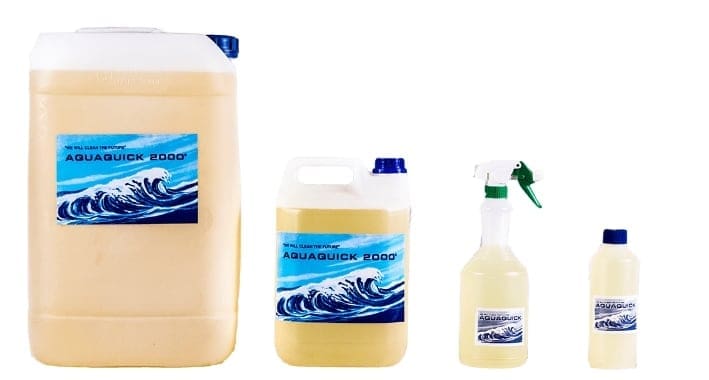
After the initial wipe down, it’s time to utilize AQUAQUICK 2000 for deeper cleaning. This highly concentrated cleaner is perfect for dislodging stubborn oil residues and grime. Here’s how to use it effectively:
- Dilute the Solution: Depending on the level of contamination, dilute AQUAQUICK 2000 with water as per the instructions on the label.
- Apply the Solution: Use a sponge or brush to apply the diluted solution to the affected areas. Make sure to cover all surfaces thoroughly, focusing on areas with heavy deposits.
- Let it Soak: Allow the solution to sit for a few minutes. This will help break down the oil and grime, making it easier to remove.
Step 5: Scrub the Extractor
Using a soft-bristled brush, gently scrub the surfaces of the oil extractor. This will help lift any remaining contaminants. For particularly stubborn spots, you can reapply AQUAQUICK 2000 directly to the area and scrub again.
Step 6: Rinse Thoroughly
After scrubbing, rinse the extractor thoroughly with clean water. It’s essential to remove all traces of the cleaning solution to prevent any residue from affecting future operations. Make sure to rinse in a well-ventilated area to facilitate drying.
Step 7: Drying the Extractor
Once rinsed, dry the oil extractor completely with a clean cloth. This prevents water from remaining in hard-to-reach areas, which could lead to rust or corrosion.
Step 8: Inspect and Reassemble
After cleaning and drying, inspect the oil extractor for any signs of damage or wear. If everything looks good, reassemble any parts that were removed for cleaning.
Step 9: Regular Maintenance Schedule
To maintain the efficiency of your oil pump extractor, establish a regular cleaning schedule. Depending on usage, cleaning every few months is often sufficient. However, more frequent cleaning may be necessary in high-use environments. Remember, knowing how to clean an oil extractor is not just about immediate cleaning; it’s about creating a habit of maintenance.
Maintaining Your Oil Pump Extractor
To ensure the longevity and optimal performance of your oil pump extractor, follow these additional maintenance tips:
Regular Inspections
Conduct regular inspections of your oil extractor. Look for:
- Signs of Wear: Check for any signs of wear or damage on seals, hoses, and connectors.
- Leaks: Inspect for any oil leaks, which could indicate worn seals or fittings.
- Clogs: Ensure that the extractor’s lines are free from clogs or obstructions that could hinder performance.
By identifying and addressing these issues early, you can prevent more significant problems down the line.
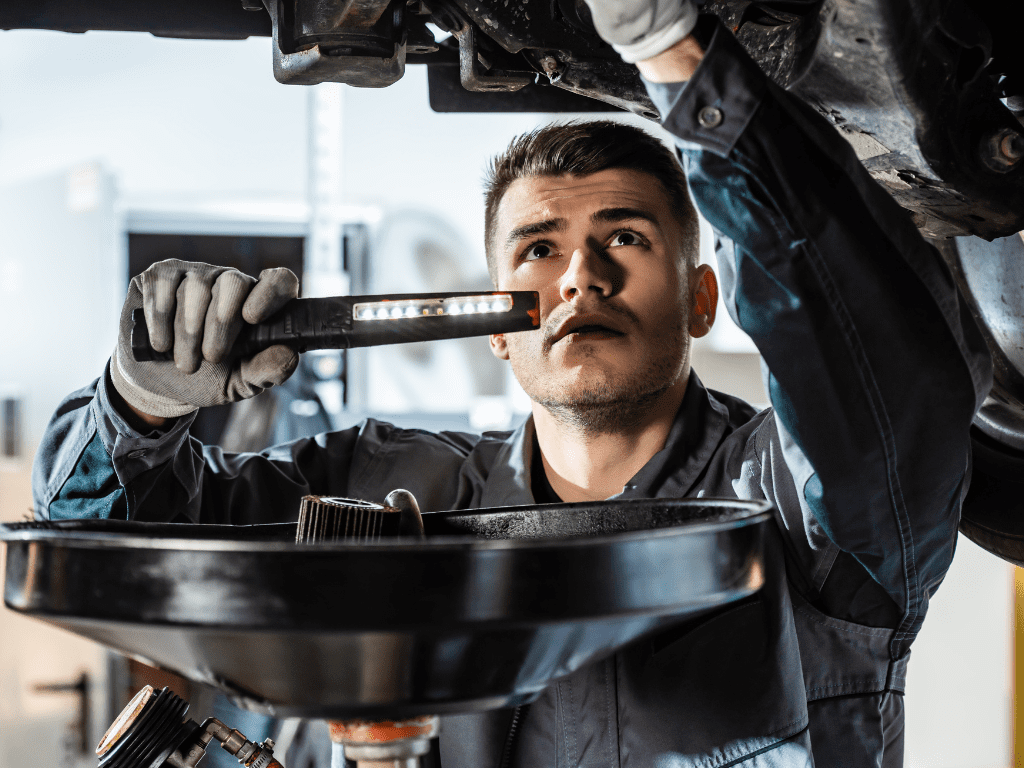
Use the Right Oils and Fluids
Ensure you are using the correct type of oil or fluid for your operations. Using incompatible fluids can lead to excessive wear and tear on the extractor components. Always refer to the manufacturer’s guidelines for recommendations.
Clean After Each Use
A good practice is to clean the oil extractor after each use. This helps prevent buildup and makes deep cleaning sessions easier. A quick wipe down with AQUAQUICK 2000 can go a long way in maintaining the equipment’s efficiency.
Troubleshooting Common Issues
Despite regular maintenance, you may encounter issues with your oil pump extractor. Here are some common problems and solutions:
Problem: Oil Leaks
- Solution: Inspect all seals and hoses for wear. Replace any damaged components and ensure all connections are tight.
Problem: Decreased Performance
- Solution: If you notice a decrease in performance, it may be time for a thorough cleaning with AQUAQUICK 2000. Ensure that all parts are free from contamination and that the extractor is functioning correctly.
Problem: Strange Noises
- Solution: Unusual noises can indicate mechanical issues. Shut down the extractor immediately and inspect for loose components or damaged parts.
Benefits of Using AQUAQUICK 2000
Using AQUAQUICK 2000 for cleaning your oil extractor offers numerous benefits:
- Highly Concentrated Formula: Its powerful formula effectively dislodges tough oil and grime, ensuring a thorough clean.
- Versatility: AQUAQUICK 2000 is suitable for various surfaces and materials, making it an excellent choice for all types of oil pump extractors.
- Eco-Friendly: The product is designed with environmentally friendly components, ensuring that your cleaning process does not negatively impact the environment.
- Time-Saving: Its efficient cleaning action reduces the time needed for maintenance, allowing you to focus on other essential tasks.
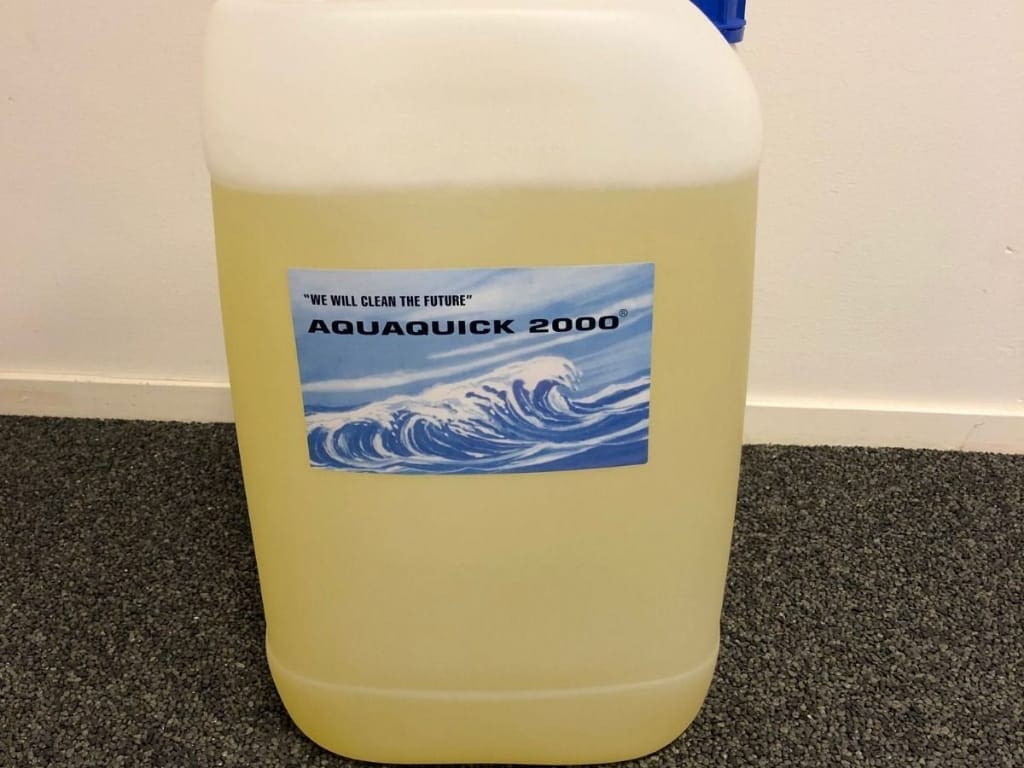
Final Tips for Long-Term Maintenance
- Document Maintenance Activities: Keep a log of all maintenance and cleaning activities. This helps track performance and can identify patterns that may indicate deeper issues.
- Invest in Quality Parts: When replacing any components, always opt for high-quality parts to maintain the performance and reliability of your oil pump extractor.
- Training and Education: Ensure that all operators are trained on the proper use and maintenance of the oil extractor. This reduces the likelihood of misuse, which can lead to damage.
- Stay Informed: Regularly check for any updates from the manufacturer regarding best practices, maintenance schedules, and new products that can improve performance.
Conclusion
Properly maintaining and cleaning your oil pump extractor is essential for its longevity and efficiency. By following the steps outlined in this article and incorporating AQUAQUICK 2000 into your cleaning routine, you can ensure that your extractor remains in optimal working condition. Regular inspections, immediate attention to any issues, and adherence to cleaning schedules will contribute significantly to your equipment’s performance and reliability.
Investing time in maintenance will pay off in the long run, helping to avoid costly repairs and ensuring the safe operation of your machinery. Remember, a clean oil extractor is not just about appearance; it’s about maintaining peak performance in your operations.
By implementing these practices and using high-quality products like AQUAQUICK 2000, you can maintain an efficient, safe, and compliant work environment. This knowledge on how to clean an oil extractor will serve you well in ensuring the best performance of your machinery.

